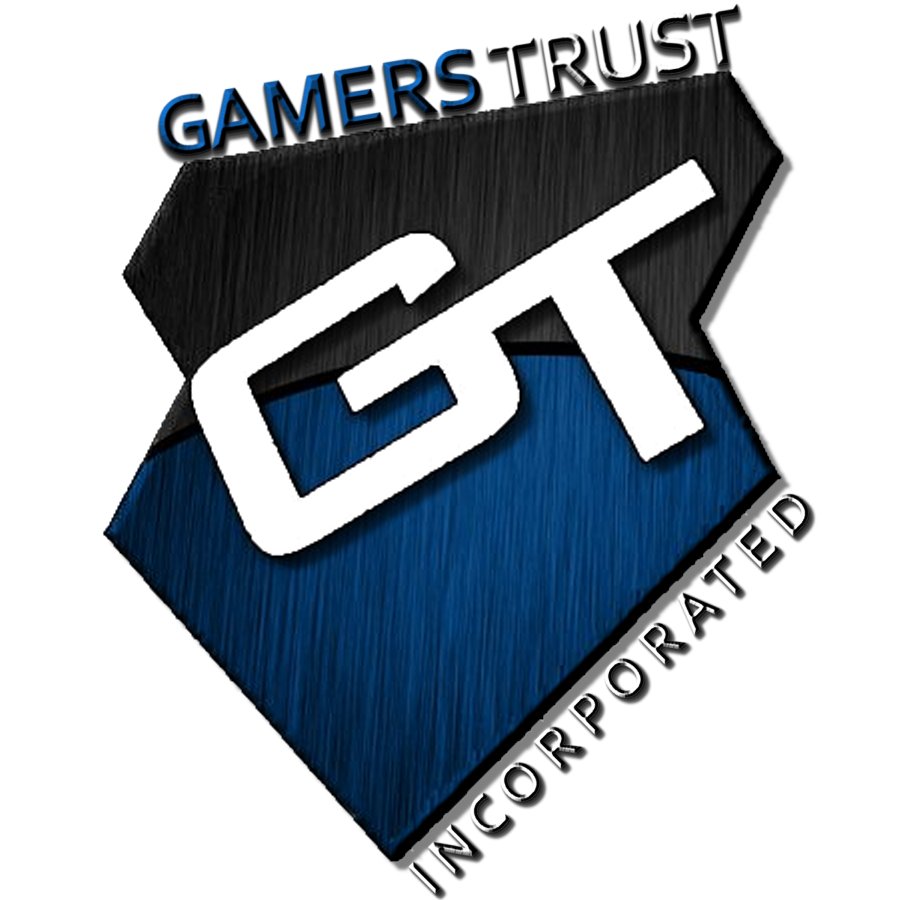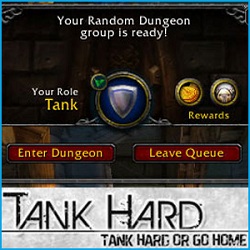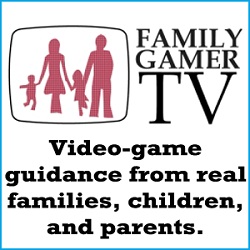I’m honestly torn as to whether I should pass on the tips given if the video above as legit, or set it as my new ringtone. “cyber, cyber, cyber, cyber, cyber, cyber, cyber, SPACE!”
Here at <GT> we’re all about making sure that everyone can not only have a fun time gaming, but also to help folks out when it comes to staying safe while doing so online. While the tips given out from various Government sites detail general practices for keeping not only your children, but yourself safe online we thought we’d break down some tips as it pertains to gaming. If you follow these rules while gaming online, it will keep you much safer as well as help you to have a more fun experience.
- Don’t use your real name for general forum posting, usernames, or anything else that is out in public. There are definitely times what it is OK to share this information, but you shouldn’t be sharing it by default.
- Make sure what you are downloading is legitimate software. Often you’ll find bogus 3rd party retailers trying to pass of majorly discounted (even free) versions of popular games. Yes you can find some great deals online, but use your gut instinct in determining if a site is safe or not. Also, at checkout, look to see if the site is securely handling your transaction by using https instead of the standard http.
- Parents should be aware that their children may encounter bullies online just as they may in real life. Having a conversation with them about this and how to handle the situation can go a long way.
- Use strong passwords for your games if required and try not to use the same password for multiple things online. If you use the same password across multiple sites and even one of those sites is compromised suddenly hackers will have access to any of the sites that share a common password and login. In gaming this can lead to your account being compromised and you loosing the account or at least many in-game items.
- One of the biggest ones here at <GT> is to play fair. Don’t use cheats, exploits, or offend others. Treat others and the game itself how you expect your experience to be. Not only can cheating/exploiting lead to getting banned, but doing these things and/or offending other players may open you up to bullying and in some cases you being the target of attacks to your account.
- Regularly scan your computer for viruses and malware. Not only is this a good practice out of game, but for your gaming experience it’s wise to regularly sweep your computer for these types of infections to keep your account safe from keyloggers and hackers.
- Use family safety settings to help protect your kids. Many games these days have some form of parental control on them. Parents should determine what, if any, rules should be enforced for their family and make use of these tools to help keep their kids on track
These are just a few helpful tips. At the end of the day, the most important tool you have to protect yourself and your family is you. Help your family understand potential dangers and be aware of their online practices. Stay smart online. Use common sense. If something seems off then it probably is. When I talk to computer users in my IT job, I often tell them that the internet is a lot like real life. If you visit the shady part, you’re much more likely to be attacked. If you’re unsure, performing a quick Google search will help you determine if the service is safe or not.
Latest posts by Joel Polkinghorne (see all)
- When Is It Time For A Break? - March 18, 2013
- How Windows 8 Will Change PC Gaming Forever. - March 5, 2013
- Valentines For Your Gamer - February 14, 2013








fantastic submit, very informative. I’m wondering why the other experts of this sector do not understand this. You should proceed your writing. I am sure, you have a huge readers’ base already!